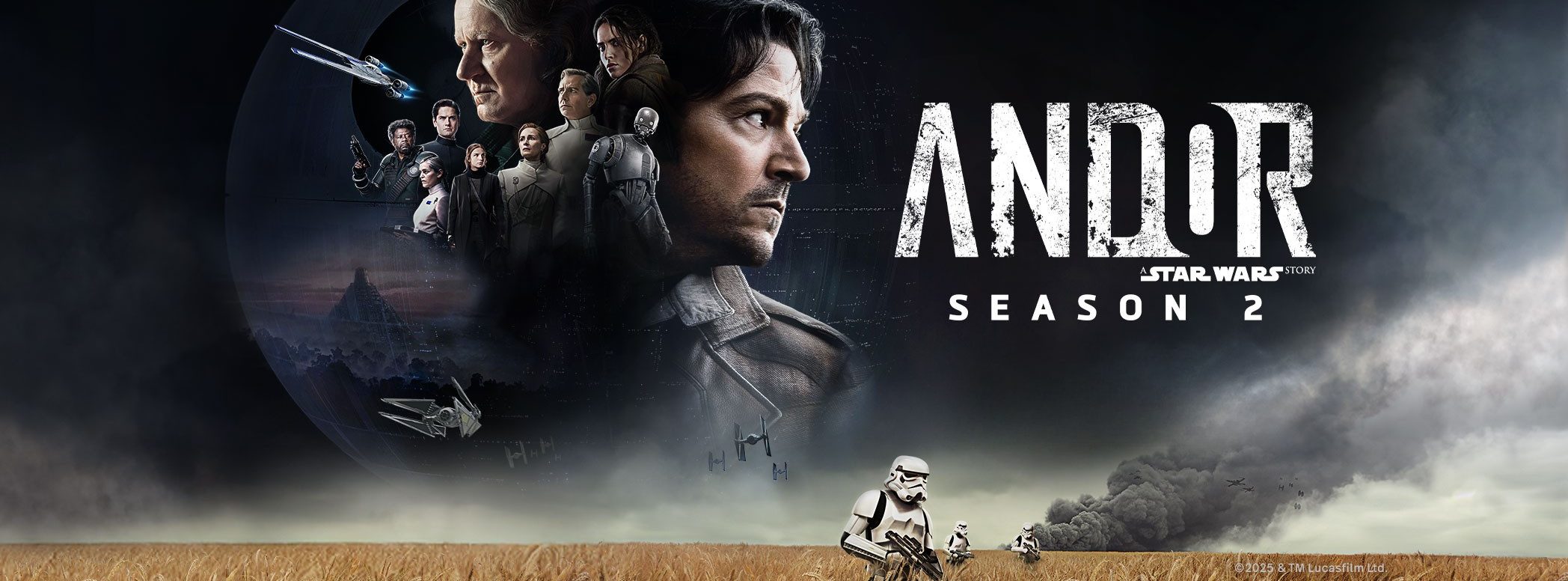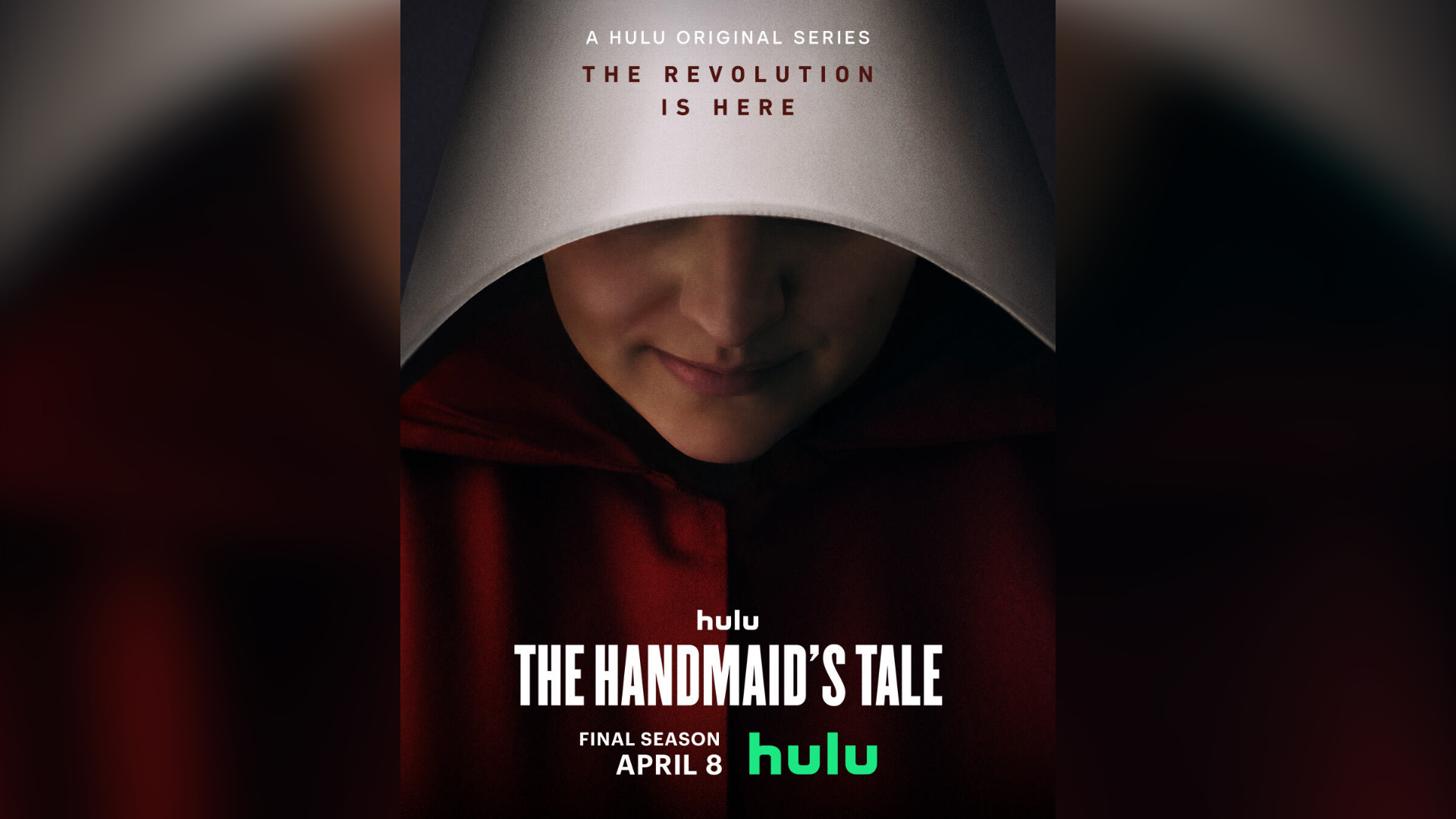Can lessons on authoritarianism in shows like Andor, The Last of Us and The Handmaid’s Tale affect modern audiences?

One of the coolest things about being a TV critic is access to advance screeners. I always joke with friends that my television viewing is about two weeks ahead of everyone else’s because I get to see so many programs weeks or even months before they hit the public.
Right now, I’m savoring the 12-episode second season of Star Wars: Andor, the wonderful series starring Diego Luna as rebel operative Cassian Andor. It’s a prequel centered on the creation of the rebel alliance which opposes the evil Emperor and Darth Vader – telling the story in shades of gray which involves espionage, murders, undercover operations and lots of morally questionable activities guaranteed to keep those who consider themselves righteous people up at night.
But what struck me while I was watching this most excellent run of episodes – and don’t worry, I’m not going to really review this series until next week, just before its second season debuts – was how the villains in this story are so clearly out-of-control authoritarians.
Andor takes place in a universe where their legislative council is expected to rubber stamp initiatives advanced by the Emperor, who rules by generating fear and ruthlessly punishing dissidents. Staffers in government move up the rank as much for their loyalty as their competence. People judged enemies of the state can be yanked off the street and sent to jail or moved off planet.
And Andor isn‘t the only popular TV show depicting the damaging effects of authoritarianism. HBO’s The Last of Us debuted the first episode of its new season Sunday – I wrote about it for NPR here. One big baddie in the first season is FEDRA, or the Federal Disaster Response Agency, which sets up quarantine zones ruled by martial law in the wake of a runaway fungal infection which creates a zombie apocalypse.
Hulu’s The Handmaid’s Tale depicts a dystopian world where a brutally repressive, theocratic government has taken control of large swaths of America, subjugating all women and forcing certain ones to serve as sexual/reproductive slaves. I wrote about how this show might be tough viewing for Trump opponents here.

As someone who has spent a large chunk of my career as a journalist and critic arguing that we can learn about the public’s mood by examining how society entertains itself, I wonder if these shows will have impact now. Some of TV’s most-anticipated shows depict authoritarian governments and systems as villainous: Will they affect how Americans see those employing authoritarian political tactics in real life?
In the real world, Donald Trump is consolidating power in the executive branch using tough tactics: demanding GOP leaders in Congress pass his policies, seeking to deport immigrant students who have protested U.S. policy in Gaza, promoting loyalists inside his administration who don’t seem to have expertise in the areas they are supervising and advocating using the power of the government to crack down on media outlets whose coverage he doesn’t like.
Of course, Trump supporters may not see his tactics as authoritarian, aided by conservative-boosting media outlets like Fox News Channel, which constantly seek to put the best face on his actions. Or the audiences who find shows like Andor and The Handmaids Tale compelling might be different from the people who voted for Trump — though I have the feeling there is more overlap than you might expect. In some cases, perhaps those who support authoritarian tactics watch to cheer on the figures others might see as villains.
And these shows are depicting extreme, apocalyptic situations, which might be tough for some people to compare to the more measured pace of modern life.
Still it is telling that some of the lessons storytellers like The Handmaid’s Tale author Margaret Atwood and Star Wars creator George Lucas may have intended to impart about the threat of real-world authoritarianism in their fiction may not resonate in the same way now.
And, given that all these shows were created before Trump’s latest re-election, I’m also left to wonder: What kind of series will be created – and how will the villains in them react – in the years to come?